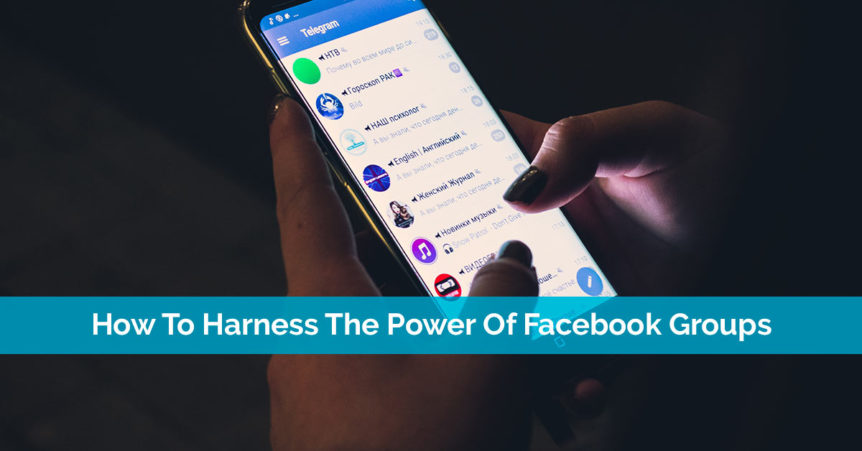Facebook groups are the perfect way for people to come together over shared interests, including their faith.
If your church doesn’t already have a Facebook group, what are you waiting for? By harnessing the power of this highly effective Facebook tool, you not only engage your current members, but draw more in.
Think of your own group as a way for everyone to talk about their faith and share their stories 24/7. It’s a great compliment to any church website.
Understanding Facebook Groups
Before you start harnessing their power, it’s important to have a little bit of background on Facebook Groups. Groups are designed to let a set group of users interact together. They don’t have to add each other as friends to interact within the group.
You can set your groups as public, closed and secret. Each privacy setting gives you control over who can join and invite other members.
Segmenting Groups
Facebook Groups give churches the power to better communicate with members, non-members, donors and more. For best results, segment groups by purpose to make them more effective. For instance, have a secret group just for volunteers or specific projects. Only those you specifically invite are able to join. You may have different groups for different ministry groups, such as teens and seniors.
By creating these different segments, you’re able to create better rules and ensure the group is more effective. After all, teens are more likely to interact with each other over older members.
Interacting With Users
Groups aren’t useful if no one is interacting. Think of it like a school dance. You have those few who are eager to get up and dance, but everyone else just sits against the walls. If you post things that are interesting enough, people start getting off the wall and interacting. Soon, you have more participation than you ever thought possible.
Try using random conversation starters to get group members interacting. While Leadership Girl has a list of general questions, most of them work well for churches too. Or, use them as inspiration for your own faith-based questions. Post funny memes. Have set days for members to share personal stories or spiritual creative writings.
The more you interact, the more useful the group becomes. Have several members volunteer to respond to posts and comments, post conversation starters and keep conversations going.
Using Moderators
When you have a public or even closed group, you’re probably going to run into group members that can’t behave. They might be overly opinionated members from your church or random Facebook users that joined your group to interact with a like-minded faith-based community.
When members get out of line, you need moderators to help delete offensive posts, warn negative members and even remove members from the group. You’ll likely need a few volunteers to monitor your group(s) throughout the day and night. Of course, ask any group members to report anything inappropriate immediately.
Creating Strict Rules
All Facebook Groups need at least some basic rules. These include what is and isn’t appropriate, the type of content to share, any special days for sharing certain things and the general purpose of the group. Rules help ensure your moderators have guidelines when dealing with group members.
If you’re not sure where to start, take a look at other Facebook church groups and see what rules they list. Use those as a guideline for your own church’s groups.
Encouraging Sharing
If you’re using Facebook Groups to boost growth, you’ll want to encourage members to share your group’s content. This is where motivational and humorous memes come into play. They’re visual and engaging. They’re easy to create and you’re able to post content that encourages conversation and sharing.
Keeping It Fun, Yet Spiritual
Most importantly, for Facebook Groups to be effective for churches, you have to keep the posts both fun and spiritual. It’s okay to have serious posts, which is expected, but by keeping the group more lighthearted, you’ll have more interactions and encourage more members to join.
Want to find out more about how to engage your members online? Contact us today to learn about our search engine optimization and web design services.




